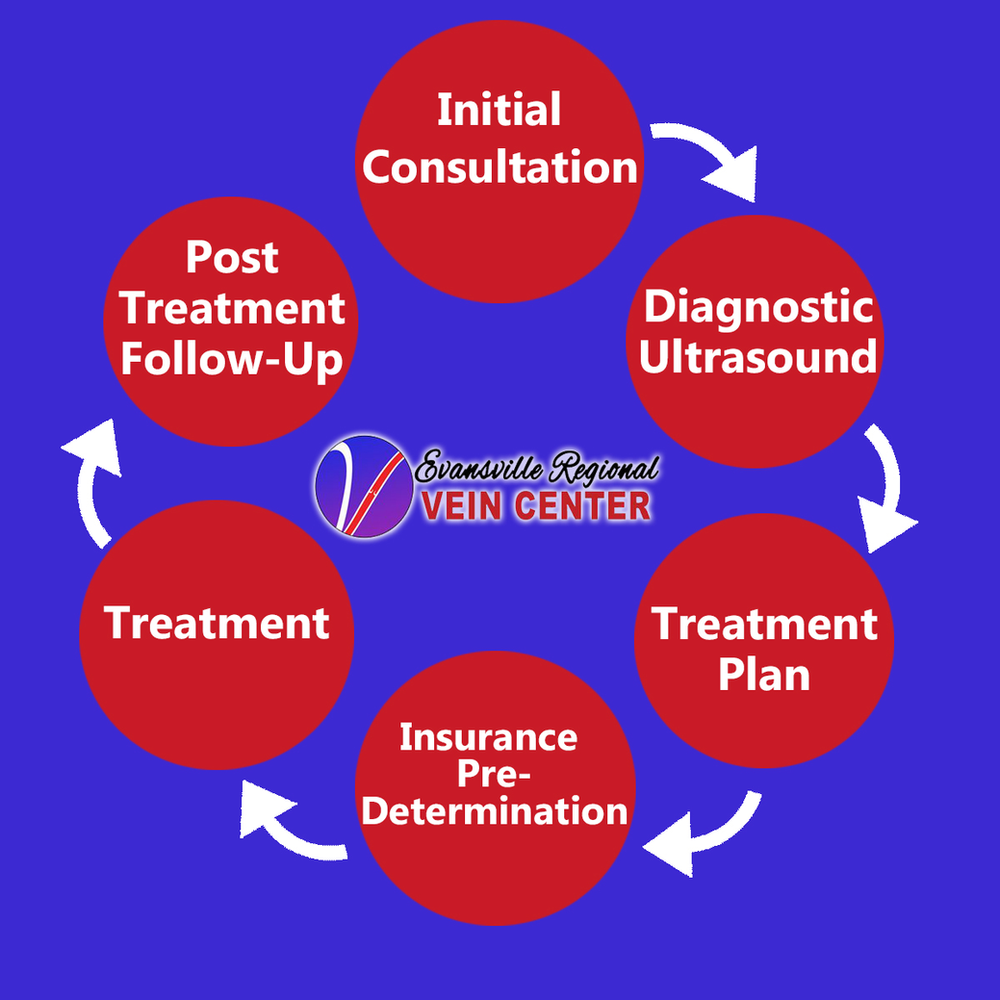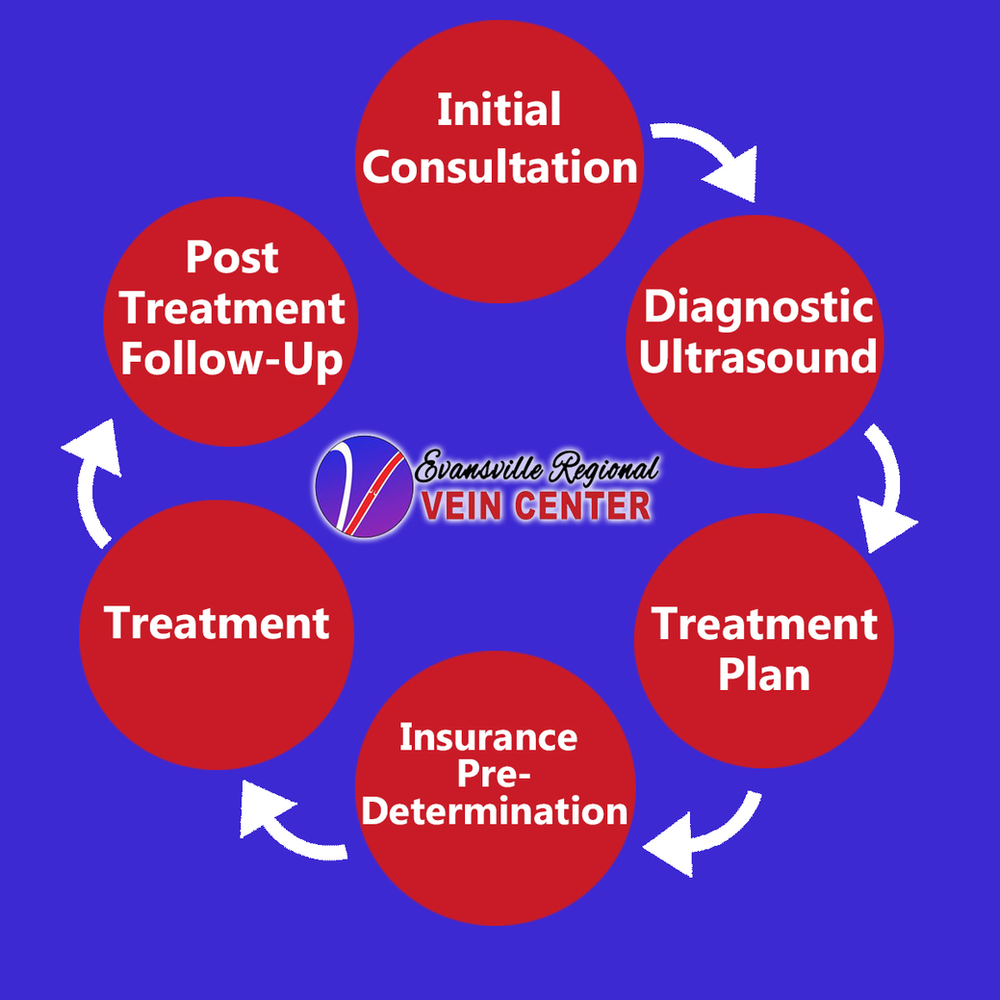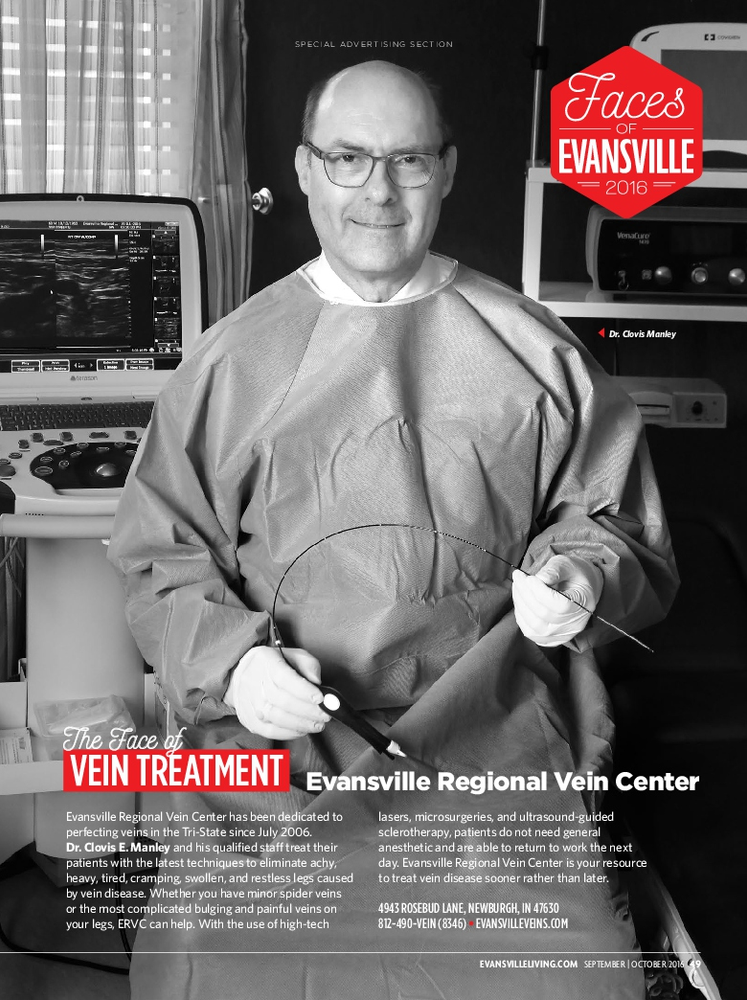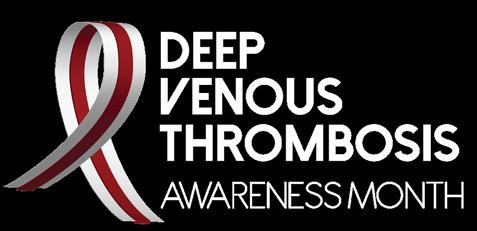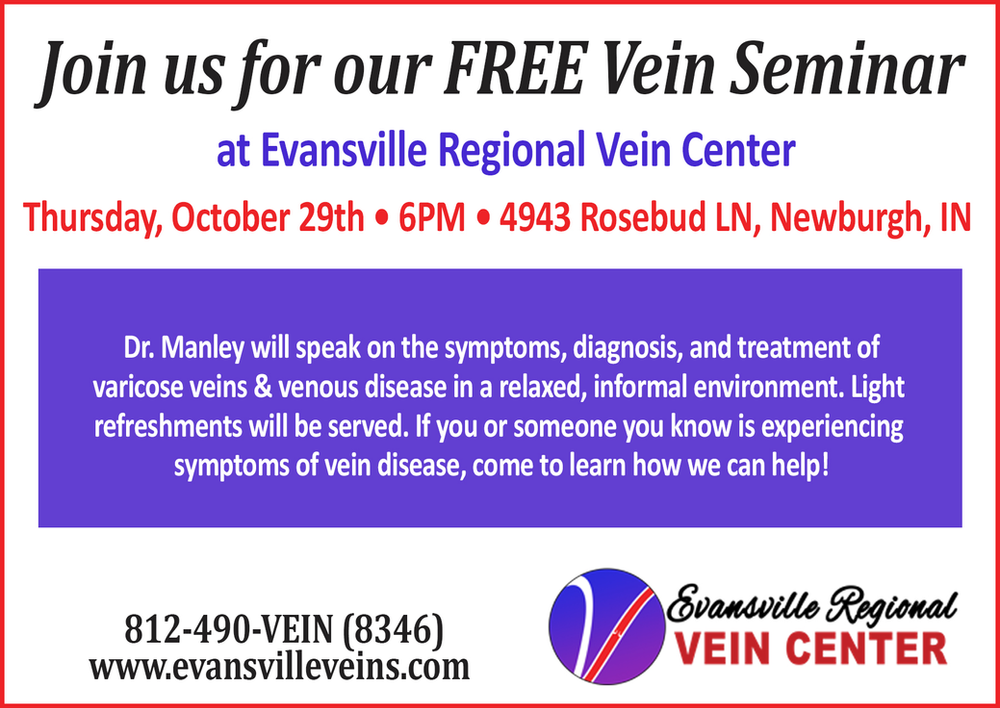Using Health Savings Accounts to Pay for Vein Treatment
Using Health Savings Accounts to Pay for Vein Treatment
We sometimes get questions about whether patients can use their health savings account (HSA) to pay for vein treatments. The answer is usually very easy to determine and in most cases the answer is yes.
HSA funds can be used for “qualified medical expenses” and this basically means they can be used to pay for treatments that are “medically necessary.” On the other hand, HSA funds cannot be used for “cosmetic” medical treatments. Medicare.gov defines “medically necessary” as “health-care services or supplies needed to prevent, diagnose, or treat an illness, injury, condition, disease, or its symptoms and that meet accepted standards of medicine.”
Most of the vein treatments that we do at Evansville Regional Vein Center are “medically necessary” and not “cosmetic.” For example, if a patient has symptoms of vein disease such as aching, heaviness, tiredness, itching, numbness, burning, swelling or cramping in the leg(s), or if they have restless legs, their procedures are intended to improve their leg function and would be considered medically necessary care. The vast majority of our patients are symptomatic and, therefore, their treatments meet the definition of “medically necessary.” Conversely, if a patient has no symptoms and they simply want their “spider veins” treated to improve the appearance of the legs, the procedure would be considered cosmetic and not covered by their HSA.
Sometimes we have a situation where an insurance company has a policy exclusion that restricts the treatment of varicose veins and will not cover a treatment that we consider medically necessary. In this case the patient may elect to use HSA funds to pay for the portion of the treatments that the insurance company will not cover.
We are happy to provide all necessary documentation to substantiate the medical necessity of treatments that meet the standard of care for medical treatment of vein disease. If you have any questions about whether your HSA will cover your treatment we will do our best to help resolve the issue. We do not provide legal advice and in the end each patient is responsible for complying with the applicable rules.
Clovis E. Manley, MD


